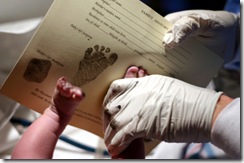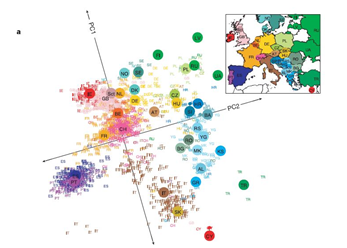I just finished reading an article by Alondra Nelson in the journal Social Studies of Science entitled “Bio Science: Genetic Genealogy Testing and the Pursuit of African Ancestry†(Social Studies of Science 2008 38: 759-783). Dr. Nelson is Assistant Professor of Sociology, African American Studies and American Studies at Yale University.
This very interesting and insightful article aligns with my own premise, which I’ve stated previously, that receiving the results of a genetic genealogy test is only the beginning of the journey for any individual interested in their own identity or genealogy.
Based on her research in this area, Dr. Nelson writes about the complex interpretation of the results of genetic genealogy testing by African-Americans and black British. Rather than completely altering their preconceived biographical narratives based on the results of testing, many people struggle to mesh genetic results with these narratives. From the abstract:

 Last week, Randy Seaver of Genea-Musings
Last week, Randy Seaver of Genea-Musings 